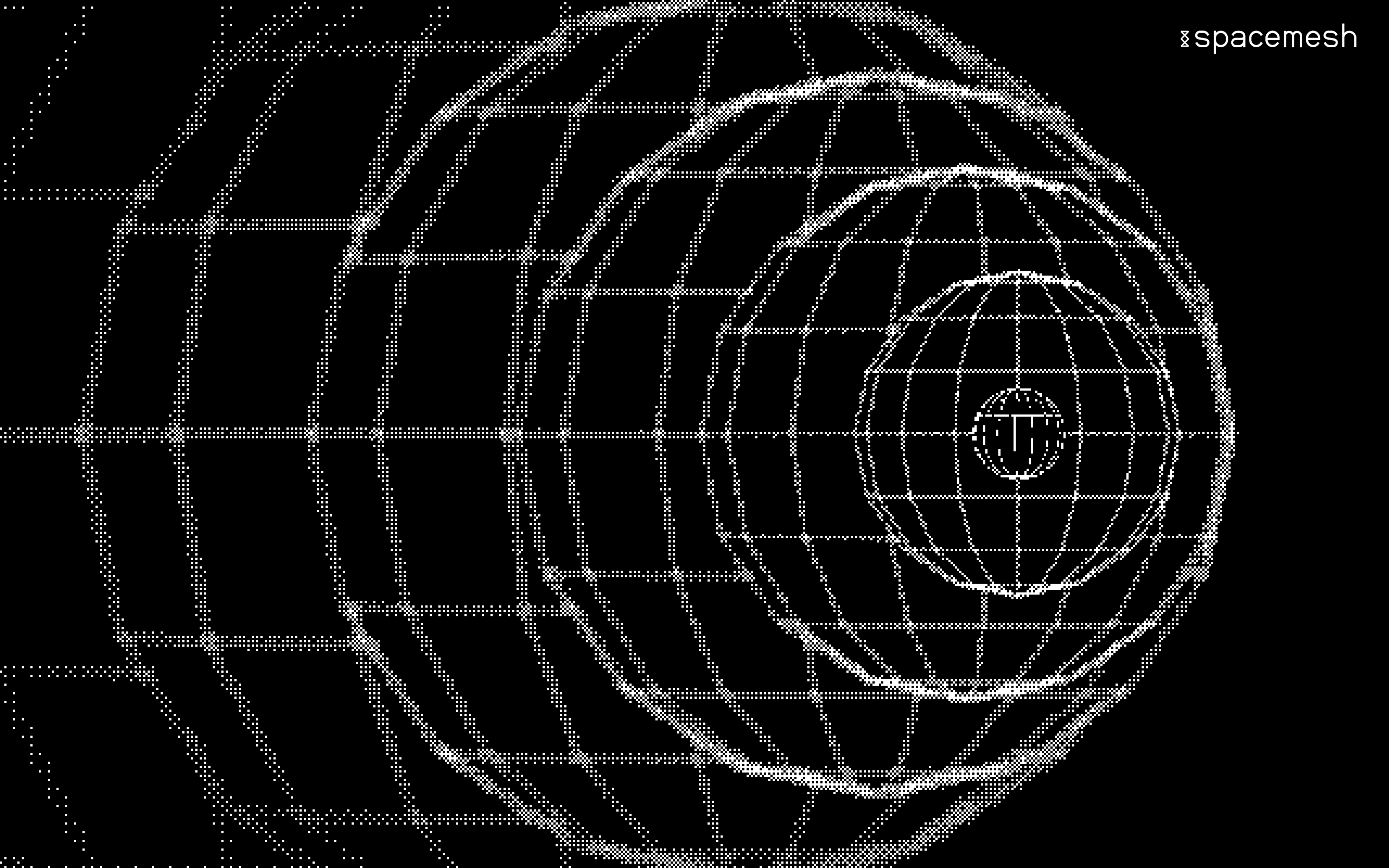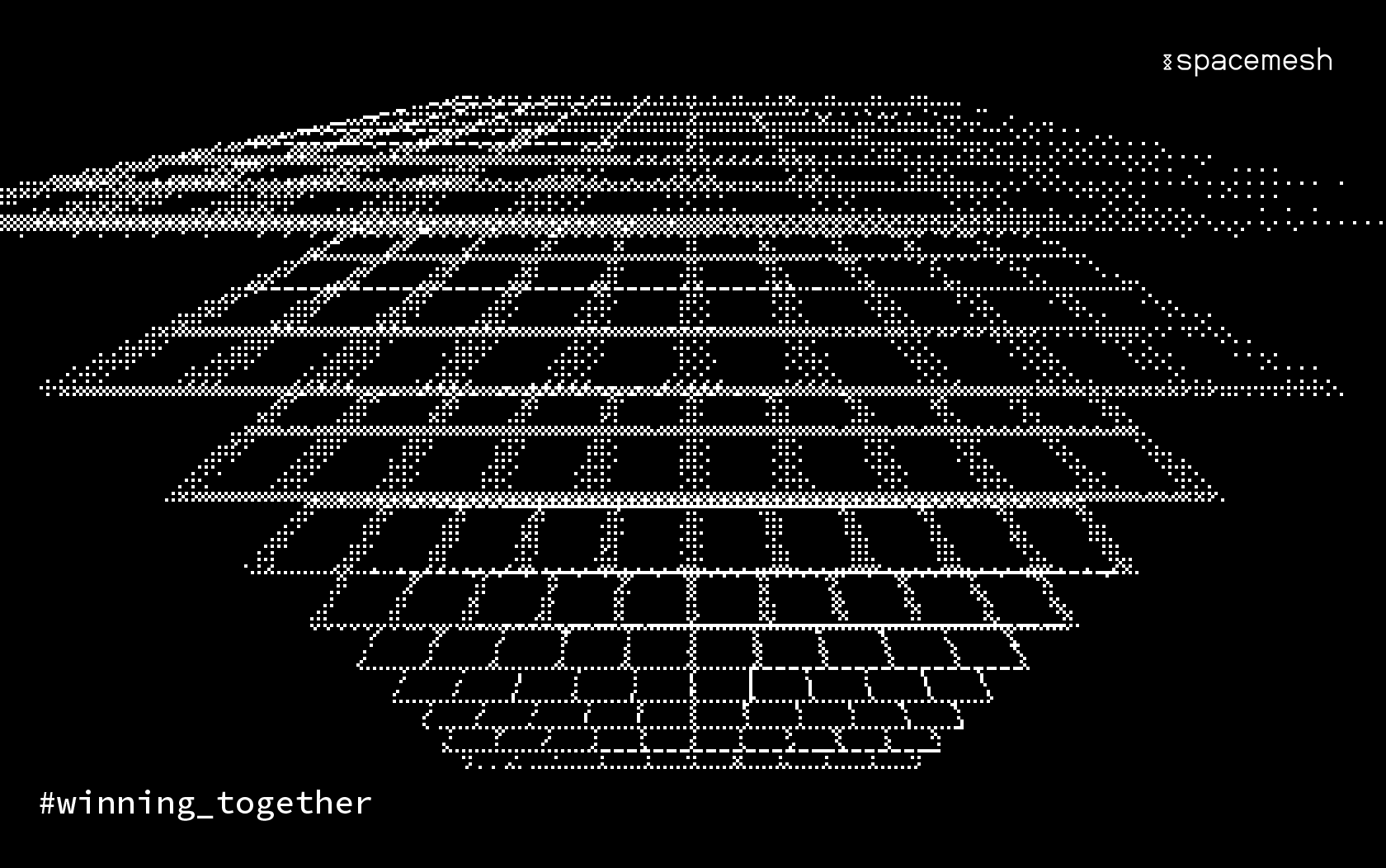Over the past two centuries, humanity has reached heights of wealth and technological development that our ancestors could never have imagined in their wildest dreams. In fact, it’s not an exaggeration to say that the scientific method is the most powerful single framework that humanity has ever invented.
“Powerful” in the sense that it gives us literal power. Since perfecting this method, the raw power of the human species has grown exponentially. While we may not be anywhere close to being “Homo Deus”—just one step away from achieving complete mastery over ourselves and our environment—we’re certainly at a stage of technological development where a single misstep could pose a tangible threat to our overall flourishing. Even if it isn’t quite the “end of the world”.
However, that power has gone to our heads, and led to delusions about the scope of the scientific method. We think that we can engineer not only whole societies, not only our whole species, but even the future.
We have become obsessed with data. With capturing cross-sections of reality at a certain point in time and extrapolating generalities from them. Obsessed with optimization and efficiency to the exclusion of absolutely everything else.
Which isn’t to say that this “scientific” approach doesn’t have its uses. It converts reality into a model of reality in the highest possible fidelity, offering great insight and practical substance. There’s a catch, though: our universe is not prefigured and unchanging, but rather novelty occurs all the time. Our universe is truly creative!
Consider the problem of the Black Swan: a statistical outlier so unthinkable that not even the most comprehensive “models of reality” ever manage to predict it. Those models will be useful, but only so long as it’s “business as usual”. The moment the Black Swan hits, all bets are off.
And this, as any honest scientist admits, creates infinite potential space for our algorithms to explore and search, without any hint our discoveries will ever come to any conclusive end. These algorithmic efforts are practical yet not fundamental in an infinite universe. They cannot provide a foundation to anything that is for sure and forever. Nor can it deduce any ultimate, immutable truth. Most importantly, it cannot predict the future, not provide a foundation for MORALITY.
And yet, this is precisely what many technocrats believe their “science” can do, giving it power over our autonomous decision making everywhere and in every possible methodology. They did this because it allowed them to win in rivalrous contests (warfare, extraction, production, information control, narrative manipulation). The only governance of this approach is the economics that funds it, and game theory is its only ethical system.
Like the fate of Icarus, whose hubris brought him down from the skies to his doom, humanity in the 20th century saw humans grow arrogant in the wake of their mind-boggling success. Newton, who modestly admitted that he saw so far ahead since he stood on the shoulders of giants, was replaced by wannabe technocrats, arrogantly confident in their powers to subjugate and control nature.
Behind the idea of “scientific truth” as the driver of human progress, behind this demand to break reality down into discrete, modular blocks that give us the illusion of comprehensive knowledge, lie two overlooked truths.
- Science can only tell us—within a limited scope—what is, not what will be, and certainly not what ought to be.
- Once we attempt to use science to answer questions that fall outside the realm of empirical facts, in a fairly circumscribed context, we run the risk of turning science itself into a dogmatic belief system. This undermines one of the core virtues of the scientific method.
Moreover, by accepting this dogma of “scientific truth”, we collectively lose the ability to interact ethically with reality. We simply cannot rely on data to tell us right from wrong.
Put another way: as a species, we just don’t have the capacity to disentangle facts and values! The values and theories one has acquired over the course of one’s life heavily influence how one sees the world, and thus how “facts” are perceived. But this idea of “facts independent of values” stuck anyway, and we became stuck in a world of ever-more extreme “optimization”, contributing to things like soaring inequality and environmental degradation.
Ironically enough, the only way we can start to get back to making any real sense of the world is if we reject the illusion that a “scientific reality”, composed of nothing but data and lacking any kind of value system, is even possible.
Join our newsletter to stay up to date on features and releases



